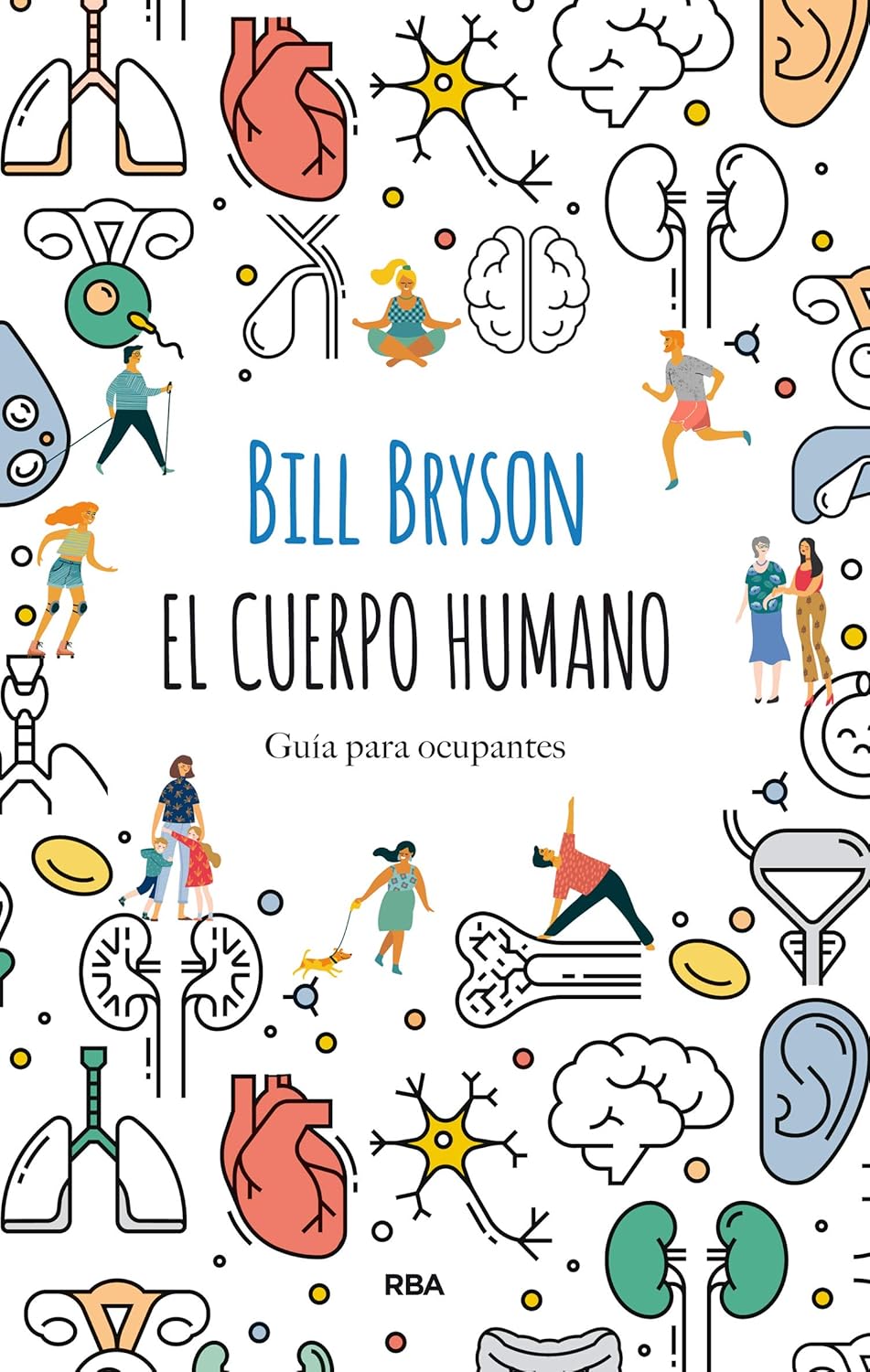
El cuerpo humano/ The Body: Guia Para Ocupantes/ Guide for Occupants
FREE Shipping
El cuerpo humano/ The Body: Guia Para Ocupantes/ Guide for Occupants
- Brand: Unbranded

Description
En él profesor Campillo analiza el papel que juegan nuestros genes en el desarrollo de las enfermedades de la opulencia y nos explica que muchas de estas dolencias proceden de la incompatibilidad entre el diseño evolutivo de nuestro organismo y el uso inadecuado que de él hacemos. Casi todos los animales tienen un sistema digestivo en forma de tubo donde los alimentos entran por la boca, pasan por un tubo largo y salen del cuerpo en forma de heces (caca) a través del ano. Please enter your borrower number Your borrower number is the 8 numbers after SLP on your library card or the full online membership number of WP and 10 numbers, without spaces. Esta impresionante exploración del cuerpo humano, ya en su tercera edición y revisada con los avances médicos más recientes, es el libro de referencia generalista más detallado sobre anatomía humana que hay en el mercado. It is crucial not only for the conduct of business and government but also for a large and growing .
Cuando exhalas aire de los pulmones, éste pasa a través de la tráquea y la laringe y llega a las cuerdas vocales. Cada alvéolo está cubierto por una especie de malla de vasos sanguíneos muy pequeños, llamados capilares. El conjunto de todos los huesos forman el esqueleto, que es el encargado de sostener todo el peso de nuestro cuerpo. El gran libro del cuerpo humano’ begins with a region-by-region anatomical atlas, containing extra detail on the hands, feet, and major joints.Movimiento Involuntario: El cerebelo o el bulbo envía impulsos eléctricos a los órganos y estos se ponen en funcionamiento.
El estudio es de carácter cualitativo, con un diseño descriptivo-explicativo basado en métodos fenomenológico y etnográfico. She’s interested in the evolution, structure and function of humans, and our place in the wider environment. El sistema nervioso central se divide en dos partes: sistema nervioso central y sistema nervioso periférico. The present work discusses the body and its relation to Philosophy, culture and health, considering the construction of a new bodily reality in today’s society and its implication in the construction of new bodily processes that alter the relation of a person’s organs and emotions. Se consideró que las mencionadas reacciones están configuradas culturalmente por medio de la alimentación.
The facsimile, printed on specially made laid paper, is contained in a cloth-lined presentation case with gold engraved leather spine. Este brillante juego de memoria sobre las partes del cuerpo se ha creado para ayudar al profesorado a impartir una lección sobre las partes del cuerpo de forma divertida e interactiva.
Las ilustraciones 3D generadas por computadora son increíblemente detalladas, prácticamente de tamaño real, y se basan en escaneos 3D de cuerpos reales. No missing or damaged pages, no creases or tears, no underlining or highlighting of text, and no writing in the margins.
L. Szladits, 'The influence of Michelangelo on some anatomical illustration', in Journal of the history of medicine and allied sciences, 9 (1954), p. To calculate the overall star rating and percentage breakdown by star, we don’t use a simple average. Aim of this study is to explore how patients, against the background of supposed shortage, judge the availability and services of dentists. La unión de todos estos sistemas (o conjuntos de sistemas, denominados aparatos) dará lugar al organismo completo.
- Fruugo ID: 258392218-563234582
- EAN: 764486781913
-
Sold by: Fruugo
